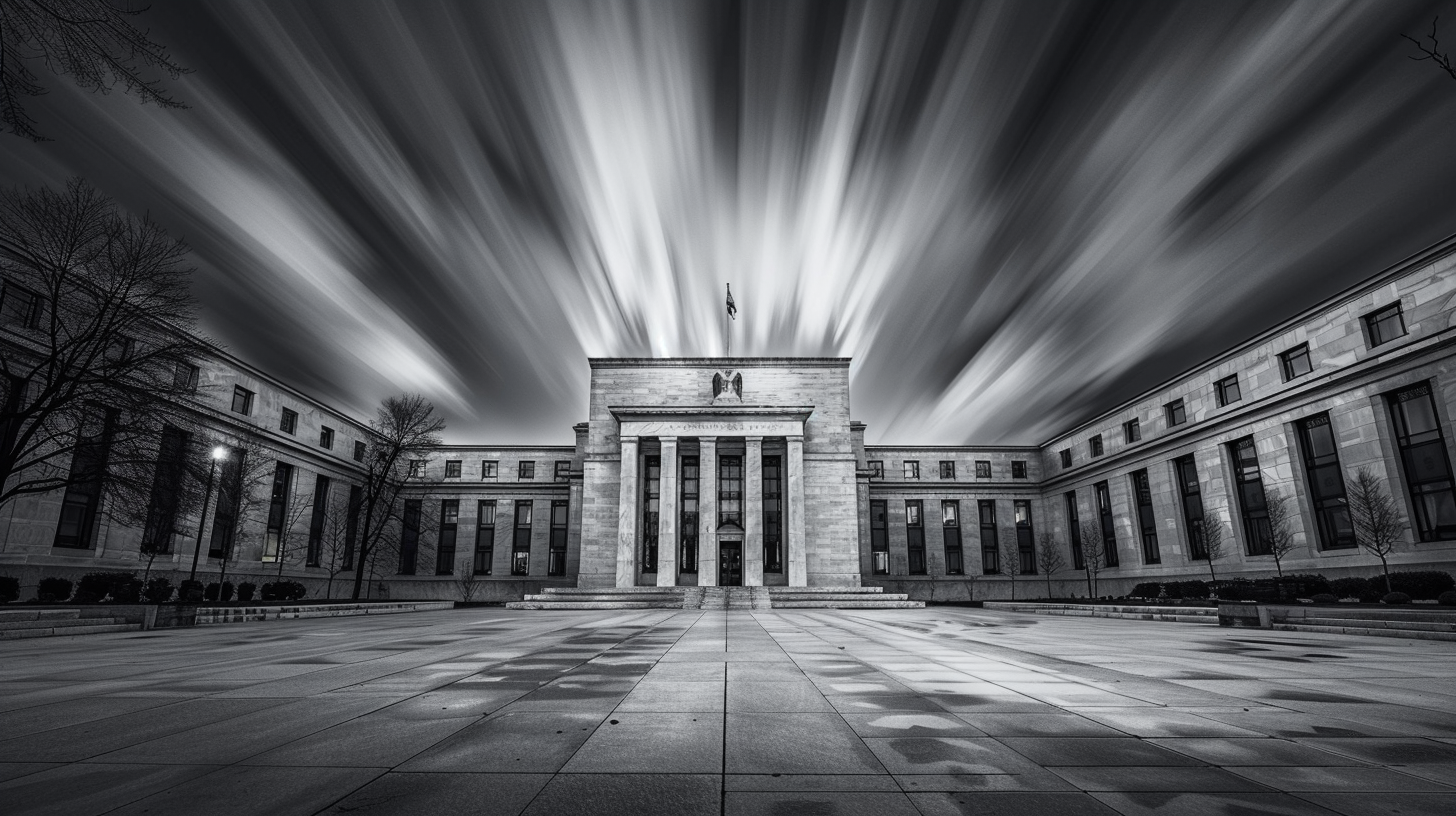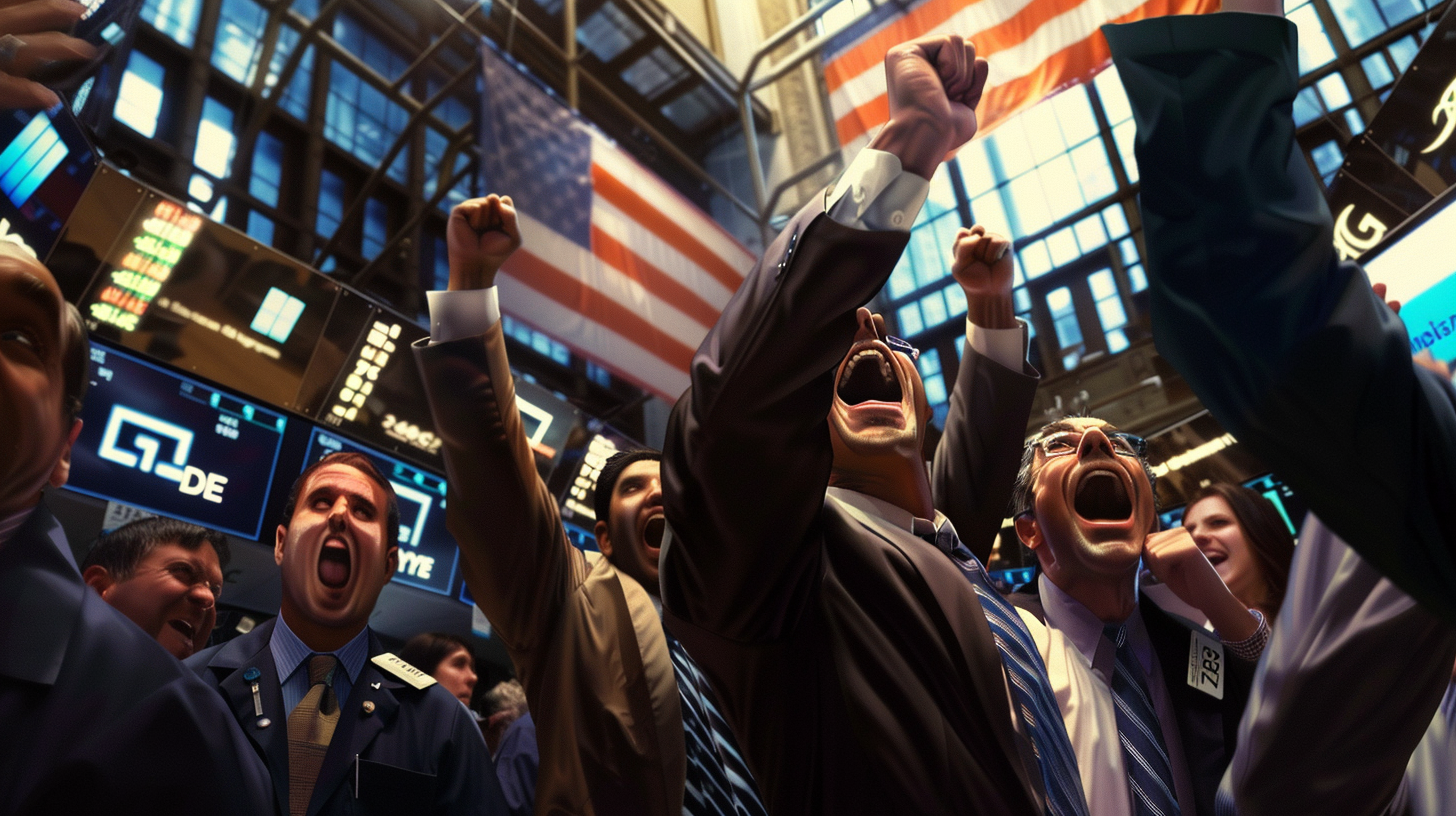| Key Points: – U.S. markets experienced a dramatic reversal on Tuesday afternoon after early gains, following President Trump’s decision to impose a 104% tariff on Chinese imports. – The benchmark indices reversed their earlier rally: the S&P 500 dipped about 1.6%, the Nasdaq Composite dropped nearly 2.2%, and the Dow slid by roughly 0.8% (around 300 points) after intraday gains exceeding 1,300 points. – White House officials reiterated that reciprocal tariffs will remain in effect on Wednesday as negotiations continue, even as geopolitical tensions escalate. |
In the early session, investors had rallied—the Dow had surged nearly 1,000 points, buoyed by optimism that tariff negotiations, especially with key players such as South Korea and China, might ease trade tensions. Treasury Secretary Scott Bessent had pointed out that around 70 countries were in discussions with Washington, offering a glimmer of hope for relief.
However, that optimism was quickly upended. In a stunning turn of events, President Trump announced the imposition of a 104% tariff on Chinese goods—a move designed to further pressure Beijing in ongoing trade negotiations. The updated trade policy, which was set to go into effect at 12:01 am ET, spurred a sharp reversal in market sentiment. U.S. stocks tumbled in the afternoon session as investors reacted to the unexpected severity of the tariffs.
According to updated market reports, while the Dow had earlier rallied by more than 1,300 points, it eventually closed down roughly 300 points (a loss of about 0.8%). The S&P 500, which had enjoyed gains exceeding 4%, reversed course to fall by approximately 1.6%, narrowly avoiding a full-blown bear market. Likewise, the Nasdaq Composite fell around 2.2%. Data on trading volatility confirmed the dramatic shift; after spiking sharply earlier in the week, sentiment cooled briefly only to plunge following Trump’s tariff announcement.
In a press briefing, White House press secretary Karoline Leavitt reinforced the administration’s hard-line stance, declaring that “Americans do not need other countries as much as other countries need us,” and affirming that President Trump’s resolve would not falter. Meanwhile, Chinese authorities warned that Beijing would “fight to the end” if the U.S. continued with what they termed trade “blackmail,” indicating that any progress in negotiations would be challenging.
Market analysts are now warning that the turnaround in sentiment could presage further volatility unless concrete progress is made on trade negotiations. “There has to be some staying power,” remarked Robert Ruggirello, chief investment officer at Brave Eagle Wealth Management, noting that both corporations and individual investors seek stable, predictable policies before committing to long-term decisions.
As the session ended, while some investors were briefly encouraged by early morning gains and signals of impending deals, the stark reality of the tariff imposition quickly reset expectations. With reciprocal tariffs set to go into effect on Wednesday regardless of ongoing talks, the market faces a period of uncertainty as all eyes remain on the administration and Beijing for any signs of de-escalation.





